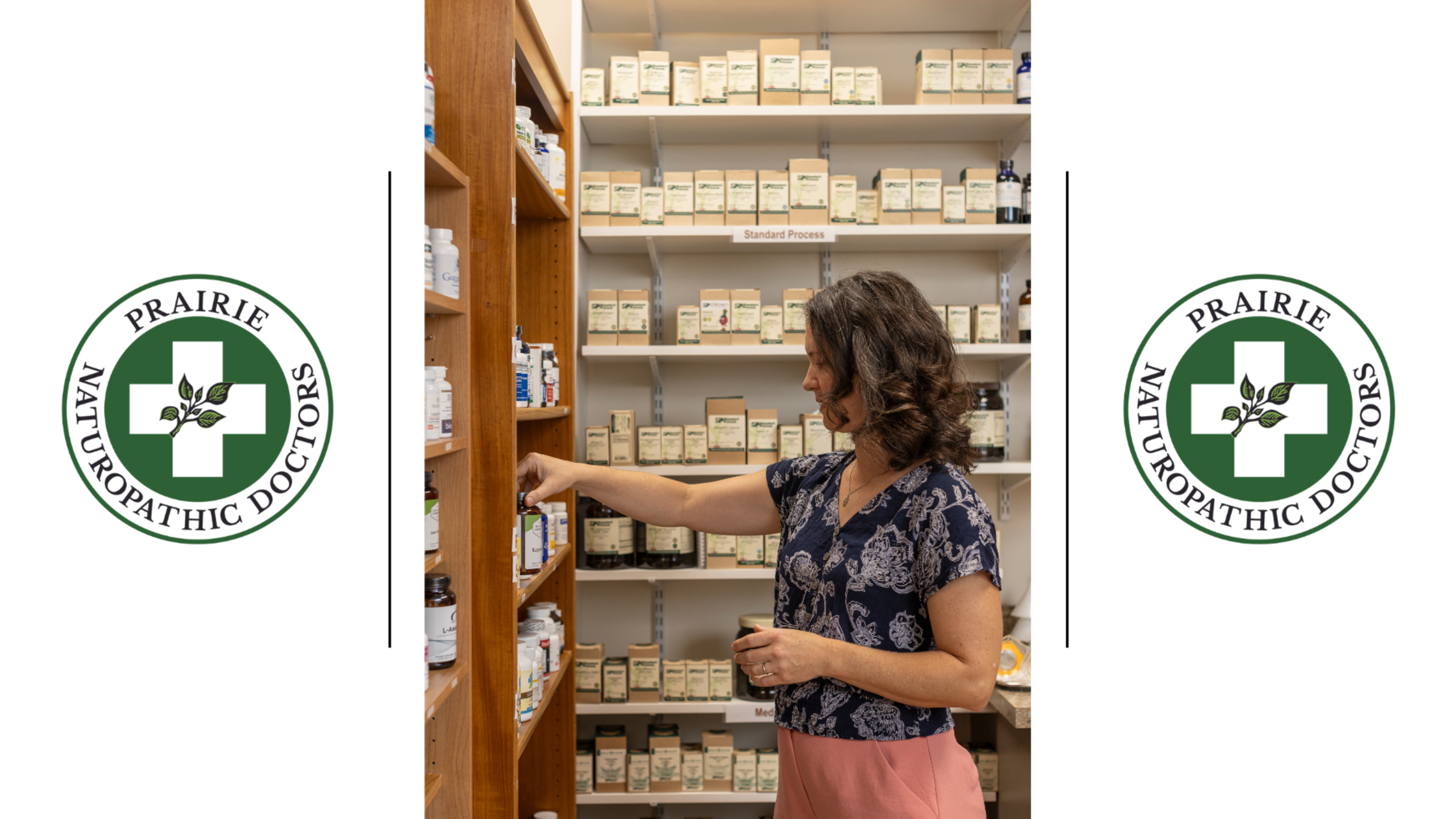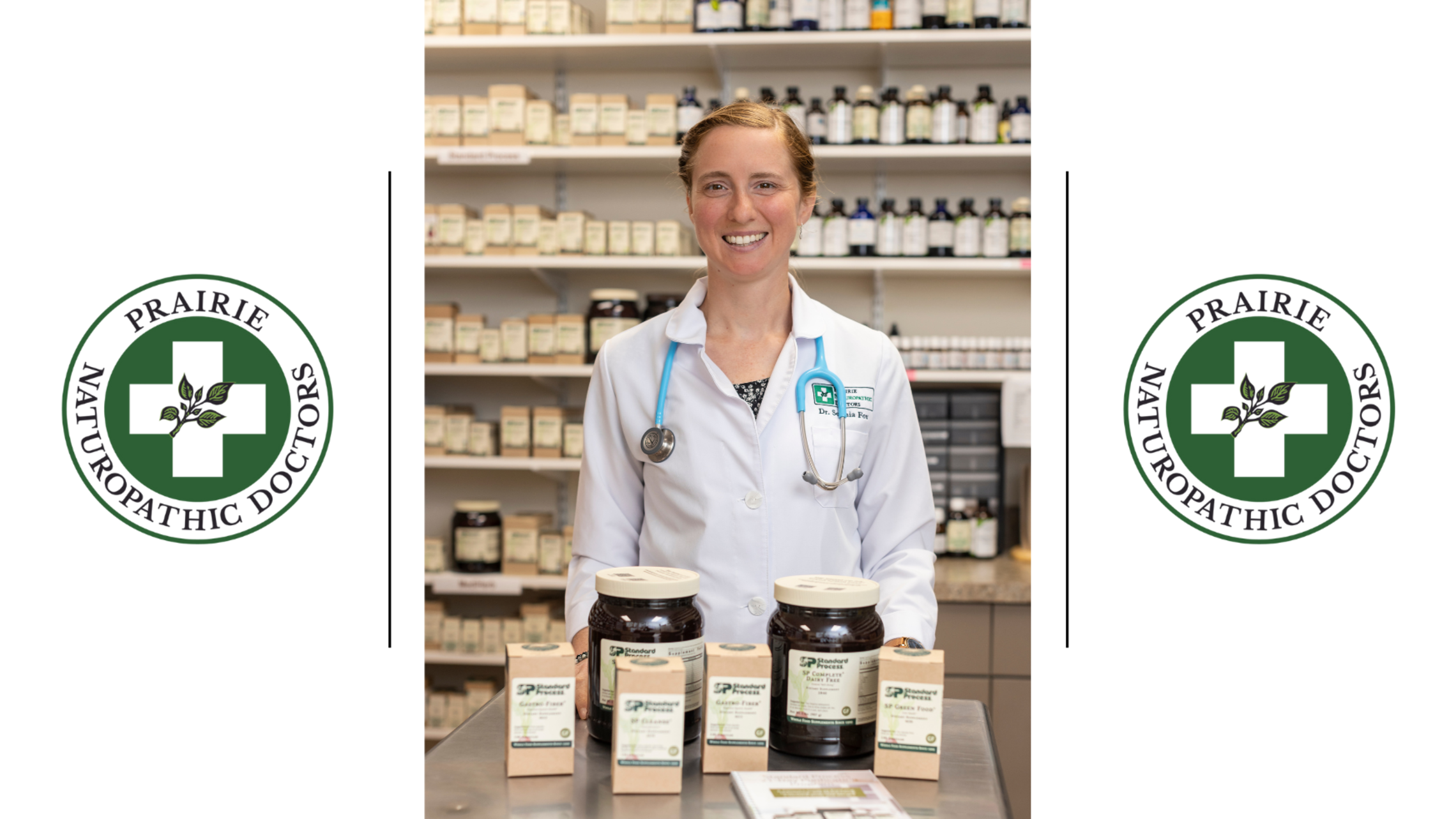Vitamin C For Better Health

Vitamin C is an essential vitamin complex required for proper function of the body. It is necessary for a variety of bodily processes and has numerous health benefits. Vitamin C in foods is a synergistic complex including vitamin P factors (bioflavonoids, rutin, etc), vitamin J, vitamin K, enzymes such as tyrosinase, and ascorbic acid. When looking at a nutrition label the amount of Vitamin C listed refers only to the amount of ascorbic acid in a food or product.
Vitamin C is necessary for overall health and needs to be consumed daily. Here are some of the roles Vitamin C plays in our health:
- Boosts the immune system: Vitamin C plays a vital role in supporting the immune system. It helps to stimulate the production of white blood cells, which are responsible for fighting off infections and diseases. Hence Vitamin C deficiency can weaken immune response resulting in greater susceptibility to infections.
- Acts as an antioxidant: Vitamin C is a powerful antioxidant that helps to protect the body against damage caused by harmful free radicals. This can help to prevent chronic diseases, such as heart disease, cancer, and arthritis.
- Promotes healthy skin: Vitamin C is necessary to produce collagen, which is a protein that helps to keep the skin healthy and firm. It also helps to protect the skin against damage from UV rays and environmental pollutants. Collagen is also essential for wound healing. A deficiency in vitamin C can result in slow healing and an increased risk of infections.
- Improves iron absorption: Vitamin C helps the body to absorb iron from plant-based foods, which is essential to produce red blood cells and oxygen transport. A deficiency in vitamin C can result in anemia, which can cause fatigue, weakness, and shortness of breath.
- Reduces the risk of chronic diseases: Studies have shown that a diet high in vitamin C is associated with a reduced risk of chronic diseases, such as heart disease, stroke, and cancer. Vitamin C is necessary for healthy gums, and a deficiency can lead to bleeding gums, loose teeth, and tooth loss. Severe and prolonged vitamin C deficiency can lead to scurvy, a rare but serious condition. Symptoms of scurvy include fatigue, weakness, muscle and joint pain, swollen gums, and bruising easily.
It is important to ensure that you are getting enough vitamin C through your diet and supplements. Here are 4 ways to increase vitamin C levels:
1. Consume more vegetables and fruits: Vitamin C is abundant in many vegetables and fruits, including broccoli, cauliflower, Brussels sprouts, red and green peppers, leafy greens (spinach, kale), citrus fruits (oranges, lemons, limes), berries (strawberries, raspberries), kiwi, pineapple, mango, and papaya. While many juices contain vitamin C, they also contain a lot of sugar which can have detrimental effects on health. Rather than juice, we recommend incorporating whole foods daily as a better way to help increase your vitamin C levels.
2. Take vitamin C supplements: If you are unable to get enough vitamin C through your diet, consider taking a vitamin C supplement. These supplements come in various forms, including tablets, capsules, and powders. It is important to receive the right form and amount for your situation. Not all vitamin C supplements are the same. Some contain only a chemically derived ascorbic acid which will not be as effective for certain conditions as a high-quality C complex. Work with your Naturopathic Doctor to understand what is right for you.
3. Cook foods lightly: Vitamin C is sensitive to heat and can be destroyed by cooking. To retain as much vitamin C as possible, cook your food lightly and avoid overcooking. Steaming vegetables is a good cooking method that allows much of the vitamin C content to be retained.
4. Store foods properly: Vitamin C can also be lost during storage of food. To help preserve the vitamin C content in your foods, store them properly. Keep fruits and vegetables in a cool, dry place and avoid exposing them to light or air. It's also important to eat them within a few days of purchase, as vitamin C content can decline over time. Glass containers are preferred over plastic to avoid leaching harmful chemicals into food.
Nature provides colorful foods with Vitamin C, so seek the rainbow in your food consumption to ensure vitamin C. If you think you may have a deficiency or could benefit from evaluating your vitamin C needs give us a call and we’ll help you out. Cheers to better immune function, energy, healthy skin and gums!


